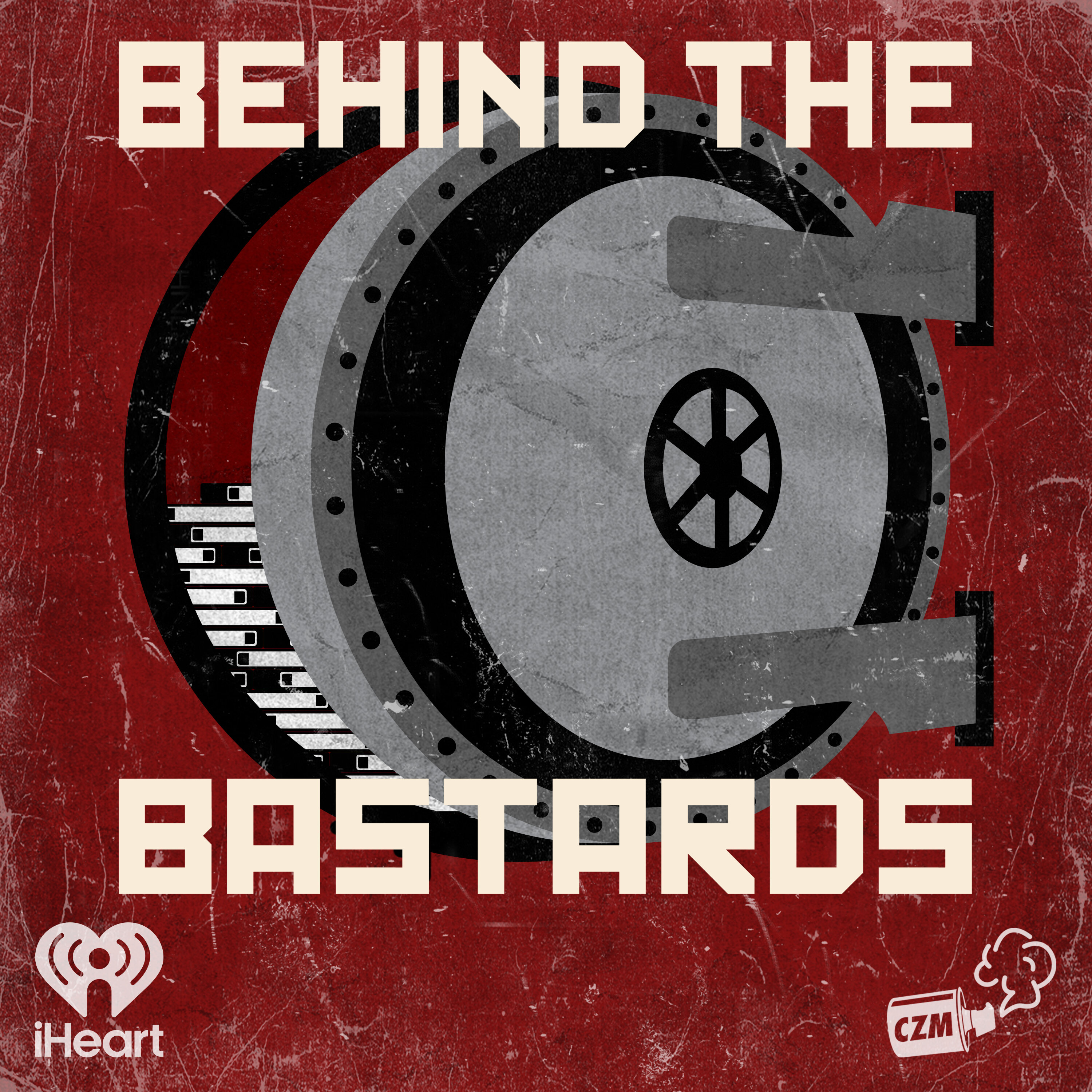Chapter

The Militarization of Police in LA
The LAPD saw themselves as fighting and were more militant than other police departments, leading to a key movement in the militarization of police that is still happening today. When discussing police abolition, people bring up concerns about not being protected from violent criminals like gangsters.
Clips
The black and Hispanic communities in LA had a lot of anger towards the LAPD due to past riots and the suppression of the Chicano liberation movement.
1:29:36 - 1:30:21 (00:44)
Summary
The black and Hispanic communities in LA had a lot of anger towards the LAPD due to past riots and the suppression of the Chicano liberation movement. The LAPD even murdered a journalist who supported the movement.
ChapterThe Militarization of Police in LA
EpisodeBehind the Police: How The Police Declared War On All Of Us
PodcastBehind the Bastards
The militarization of police is a key movement usually caused by riots and looting, leading law enforcement to see themselves as fighting and requiring more weapons and tactical teams to deal with such threats.
1:30:21 - 1:35:04 (04:43)
Summary
The militarization of police is a key movement usually caused by riots and looting, leading law enforcement to see themselves as fighting and requiring more weapons and tactical teams to deal with such threats. There is a history of racism and aggression from police departments in Los Angeles, leading to extreme cases documented in the Watts riots and, later, with Ruben Salazar.
ChapterThe Militarization of Police in LA
EpisodeBehind the Police: How The Police Declared War On All Of Us
PodcastBehind the Bastards
The success rate of SWAT teams in stopping a mass shooting is minimal, and their use in tens of thousands of raids is often for non-violent situations, raising the question of the necessity of police presence in such scenarios.
1:35:04 - 1:38:11 (03:07)
Summary
The success rate of SWAT teams in stopping a mass shooting is minimal, and their use in tens of thousands of raids is often for non-violent situations, raising the question of the necessity of police presence in such scenarios.